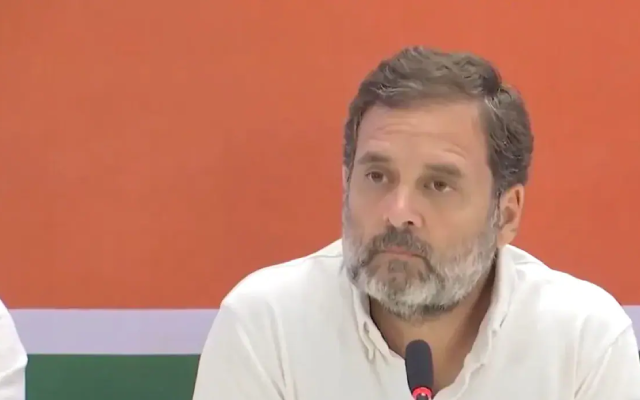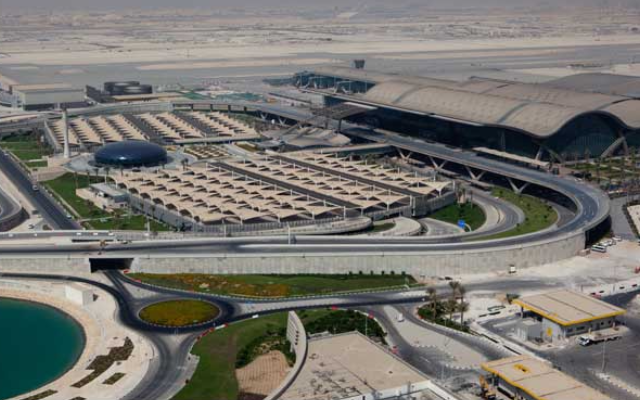Rape. The word reminds us of harrowing crimes against women like the Nirbhaya gang-rape, unprecedented protests held by citizens across the country, and national debates involving various stakeholders including lawmakers and activists. However, the word is associated with a basic assumption: a man unleashes brutal sexual violence on a woman. In our national debate about rape, rape on males is rarely, if ever, addressed.

It seems unfathomable for another man, and more so, for a woman to rape a man. This piece explores the existence of male rape in India as well as the associated psychological, social and legal issues.
1. “Men can’t get raped”
The first barrier male survivors of rape face is psychological and social. There is an almost unanimous social standard that only women can get raped. Men are strong and can therefore protect themselves from male-assailants and can obviously not be raped by women.
It is this thinking that isolates victims. In fact, many victims recall disbelief instead of empathy as their family and friends’ primary reaction.Male survivors have very few active organisations to support them, but more importantly perhaps, they often get little compassion or acknowledgement from society.
Male survivors go through similar psychological torture as female victims, but because of the lack of supporting institutions and social acceptance, they are compelled to remain silent. This is similar to how sexual violence on women often goes unreported because of social stigma. Except, while society has started talking more openly about addressing the issue of justice and empowerment for women, even the basic acknowledgement of sexual violence against men is absent.
2. Mindset
Activists often cite mindset as the root cause of violence and discrimination against women. The same mindset, which is primarily a function of patriarchy, is responsible for the plight of male survivors.
Patriarchal thinking dictates that a woman–weak, fragile, and unprotected–will be exploited by men, leading to baseless statements like “she was asking for it”, “boys will be boys” etc. The same mindset adversely affects men. If raped, a man is seen as unable to protect himself and at times labelled as ‘unmanly’. Worse still, survivors are dismissed because it is believed that they surely “must have enjoyed it”, a reasoning stemming from the thinking that men are ever-ready sexual beings, and thus the concept of ‘consent’ is often ignored in the context of men. According to the patriarchal mindset, “sex is something men do to women”. It refuses to accept that another man or a woman, can inflict sexual violence on a man.
The derogatory judgements of “unmanliness” are also made if men are vocal about their stories because of the deep-rooted belief that “boys don’t cry”. In fact, in a blog post that went viral on the internet, Vinodhan, a male rape-survivor, shared both these concerns. He described his personal experience and stated that, “Sometimes rape is inflicted on men just to shame them; to supposedly insult their masculinity.”
3. Absence of a strong legal framework
Patriarchal thinking is also reflected in our legal system. Section 375 of the Indian Penal Code does not include males as rape victims. The only route for a male victim to find justice is through Section 377, India’s anti-sodomy law, if he is assaulted by a male attacker. Sodomy, however, is not considered actual rape. Importantly, there isno distinction between consensual and non-consensual sexual acts between two male adults. If a female is the perpetrator, there is no mechanism for finding justice.
So what is the way forward? As highlighted above, much depends on the mindset. By heightening awareness about this issue, it is critical that we educate one another about the plight of voiceless male rape victims who are silenced by society and institutions alike. We have to acknowledge that men have the right to say no to sexual activity, can be vulnerable, and can experience psychological and physical trauma.
“[S]urvivors are dismissed because it is believed that they surely “must have enjoyed it””
It would also help immensely if more victims like Vinodhan are able to share their experiences but for that to happen it is vital that we as a society make it conducive for them to do so without the fear of being judged or ridiculed. There is also need for more data on male rape in India including qualitative data which goes beyond mere statistics.
Legal reform is needed but that alone will not address the problem. It is important for society to collectively recognise the reality of sexual violence against men. However, it must not be limited to periodic instances of short-lived outrage every time a crime is publicised. Instead we need an ongoing dialogue on this issue for ensuring that the rights of male rape survivors are not violated.
This is not to undermine the experiences of women subjected to rape and discrimination. But, as society matures, we must develop empathy for all and this includes male rape victims. Thus, breaking our silence on the issue of male rape and questioning social constructs that glorify machismo, reduce men to stereotypes and force them to mask their feelings, is what we need.
Co-authored by Tanya Sharma, author of My NGO Handbook, political commentator, researcher and columnist.


















